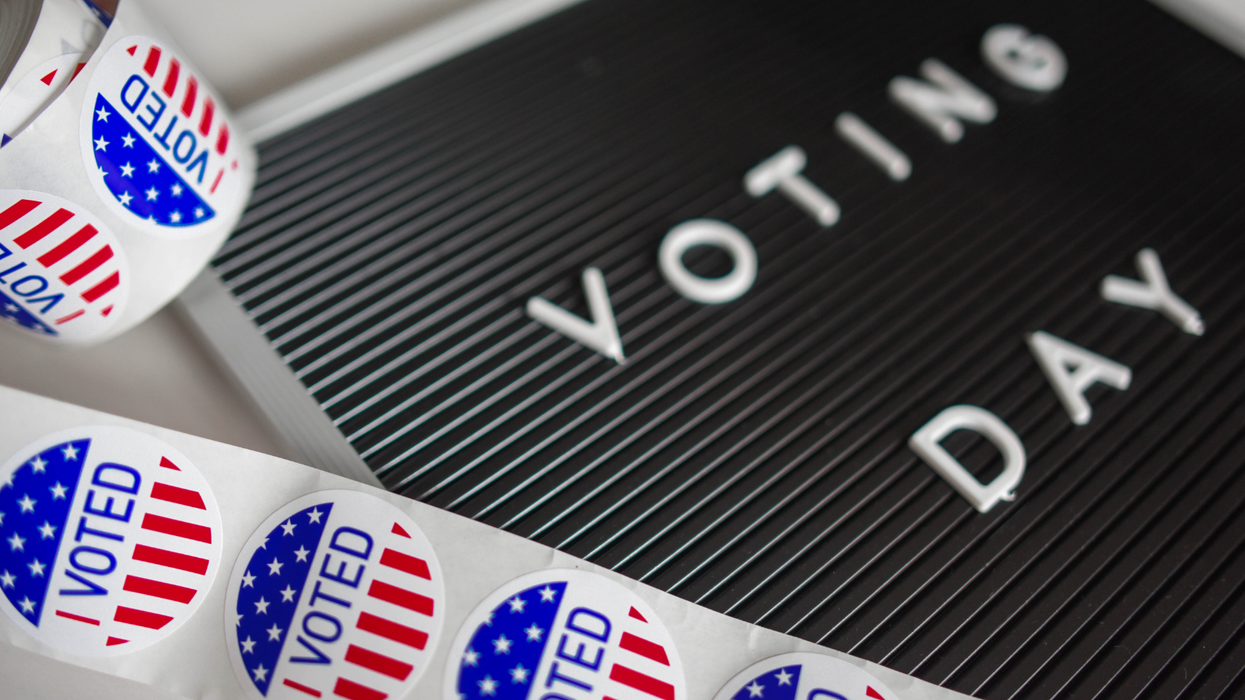The analysis and parsing of learned lessons from the 2024 elections will continue for a long time. What did the campaigns do right and wrong? What policies will emerge from the new arrangements of power? What do the parties need to do for the future?
An equally important question is what lessons are there for our democratic structures and processes. One positive lesson is that voting itself was almost universally smooth and effective; we should applaud the election officials who made that happen. But, many elements of the 2024 elections are deeply challenging, from the increasingly outsized role of billionaires in the process to the onslaught of misinformation and disinformation.
One continuing and deeply problematic reality is the abysmal level of voter participation itself. According to the respected University of Florida Elections Project, as of November 30, 156 million people voted, out of nearly 245 million eligible citizens—a participation rate of 63.86%. Internationally, among advanced democracies, the U.S. ranks well in the bottom half, and this is after hundreds of millions were spent on “GOTV” by all sides to turn out “ our” vote and more on negative ads, designed to keep “ their ” voters home.
Low voting turnout really matters. Every community and voting group has issues that need governmental action but the government isn’t equally responsive to those needs. Study after study has shown that policies at every level of government are skewed toward groups who always vote at high levels and consistently undervalue ‘low propensity’ voters, age groups, and communities. This skew in responsiveness is one major cause of the alienation and mistrust many now feel toward the government.
It really doesn’t have to be this way, and it can be substantially fixed by public policy. The ‘proof of concept’ is in the 25 democratic countries around the world that use universal voting: requiring citizens to participate in elections as a matter of law. Belgium first enacted universal voting in 1893. The majority of Latin American countries use universal voting as well, including Uruguay, which turned out nearly 90% of its voters in its neck-and-neck presidential election this year. Australia has had universal voting for exactly 100 years, and they have seen great success. Not only is the system extremely popular and part of an engaged and celebratory civic culture but 90% of Australian citizens have voted in every election since its implementation. There may also be a correlation between full voter participation and economic benefit for a country’s average citizens. Is it a coincidence that the three countries in the world with the smallest gap
between average wealth and median wealth use universal voting? Maybe, but it makes sense that when everyone participates, their government delivers for them.
In the U.S., there is a very strong analogy with jury duty. American citizens are required to serve on juries if called, so that the jury pool, writ large, is a full and fair reflection of the community as a whole, as jurors judge guilt or innocence and assess punishment. Mandatory jury service is a fully accepted part of our civic culture. Adding a civic duty requirement to vote has the same logic. We want, or we should want, the decisions on who governs us and under what laws we live to be decided by everyone, not by an electorate with nearly 40 percent of its members absent.
Universal voting, if enacted, would immediately and dramatically increase voting participation, and the actual voting electorate would be far more inclusive of our population as a whole. In addition, it would change the dysfunctional incentive structure of campaigns. If everyone is going to vote, campaigns will have to speak to everyone, rather than—at enormous cost—identifying and turning out their own voters and keeping the opposition’s base home. Universal voting would not eliminate polarization but it would definitely force parties and candidates to appeal to everyone with a more broadly persuasive message. Most importantly, it would make government at all levels more responsive to all citizens and not to ‘high propensity’ voting blocs.
Moving forward on universal voting does not require a constitutional amendment. It does not require federal legislation. Every state has the ability to enact universal voting, and in many states, counties and cities can do so as well. Implementation might differ from city to city or state to state, as they play their role as ‘laboratories of democracy’.
It seems as though we have three choices when it comes to participation levels in our elections. We can accept the status quo, which means that only 64 percent of our country’s eligible voters will participate in presidential elections and under 50 percent in Congressional and state elections. That will be as good as we can get. Or, candidates, parties, and super PACs can spend ever-spiraling amounts of money on marginally consequential efforts to turn out micro-targeted voters.
Or, we can think outside the box, learn from the experiences of other countries, and ensure that when we hold an election, everyone will come. We believe the time has come for a real discussion of universal voting.
Miles Rapoport is the Director of 100% Democracy, former secretary of the state of Connecticut, and the co-author with E.J. Dionne of 100% Democracy: The Case for Universal Voting.
Raaheela Ahmed is the National Legislative and Organizing Director of 100% Democracy and a former member of the Prince Georges County Board of Education.


















